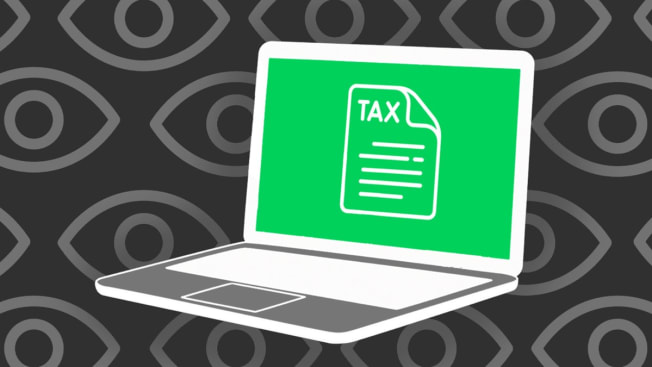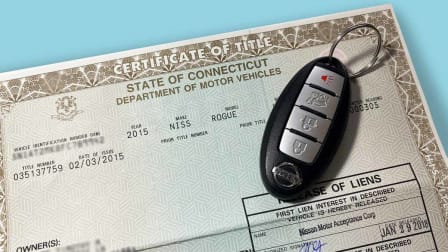Building a Better World, Together

Join with us to make a safer, fairer, healthier marketplace.
Safeguarding Tax Returns
In July, a Congressional report brought to light a vast breach of personal privacy: Three popular online tax preparation companies—H&R Block, TaxAct, and TaxSlayer—had for years been sharing information pulled from tens of millions of consumer tax returns with tech giants Meta (Facebook), Google, and others.
The information shared included taxpayer incomes, refund amounts, and names of dependent children, plus scrambled versions of names, email addresses, phone numbers, and gender, which experts say could be easily unscrambled.
The report concluded that both the tax prep companies and the Big Tech firms that received the information likely violated taxpayer rights and may have violated privacy laws. CR has long fought for strong privacy laws that would stop companies from gathering and distributing information beyond what’s essential for fulfilling consumer requests. So when this report became public, CR quickly launched a petition urging the Federal Trade Commission, Internal Revenue Service, and Department of Justice to investigate the tax prep firms further—and prosecute them if they violated the law. In just 72 hours, more than 27,000 consumers signed on.
CR has also launched a project to learn whether additional companies may be sharing your data with Facebook—and you can help by downloading that info from Facebook and sharing it with us. Go to “Who Shares Your Personal Info With Facebook?” to learn more, and sign up to receive step-by-step instructions for how you can participate.
20 Million
Minimum estimated number of taxpayers whose data was shared by tax prep firms with Google and Facebook.
July 2023 Senate Report “Attacks on Tax Privacy”
Action Update
CR spent years supporting passage of the STURDY Act, a law requiring new dressers and similar furniture to meet safety standards that will help prevent tip-overs—and the injuries and deaths they cause. But some companies are still selling potentially dangerous goods made before the law took effect in September. CR and other advocates are working together to prevent these items from being sold to consumers, as well as urging the Consumer Product Safety Commission to strictly enforce the law. Protect the children in your home by learning how to anchor furniture to help prevent a tip-over.
Shrinking the Digital Divide
What’s at stake: The Federal Communications Commission has long maintained a national broadband map meant to show which companies offer broadband connections at every location in the country, and at what speed.
But the map has historically overstated the reach of broadband service. And the FCC acknowledges that it lacks the detail policymakers need to narrow the “digital divide” between people who have access to high-speed internet and those in underserved communities who don’t.
What CR is doing about it: For years, CR has pressed the FCC to improve the map, but the problem is especially urgent now because some $42 billion in infrastructure funds are being spent to expand broadband coverage. That money should be targeted with care.
The good news? The FCC gave the map a major update last year.
Now CR has joined with the nonprofit news organization The Markup to make sure that the new map is accurate, reflecting which broadband providers serve specific neighborhoods, and what speeds they are actually offering.
What you can do: We’re asking consumers to check the map for information on their own homes on the FCC’s interactive website and report the results to CR.
The effort might even save you money: While checking the FCC map, you may learn your area is served by an additional provider that offers a better broadband deal than your current provider.
Editor’s Note: This article also appeared in the November/December 2023 issue of Consumer Reports magazine.




